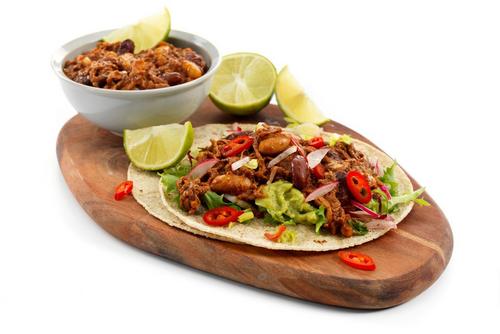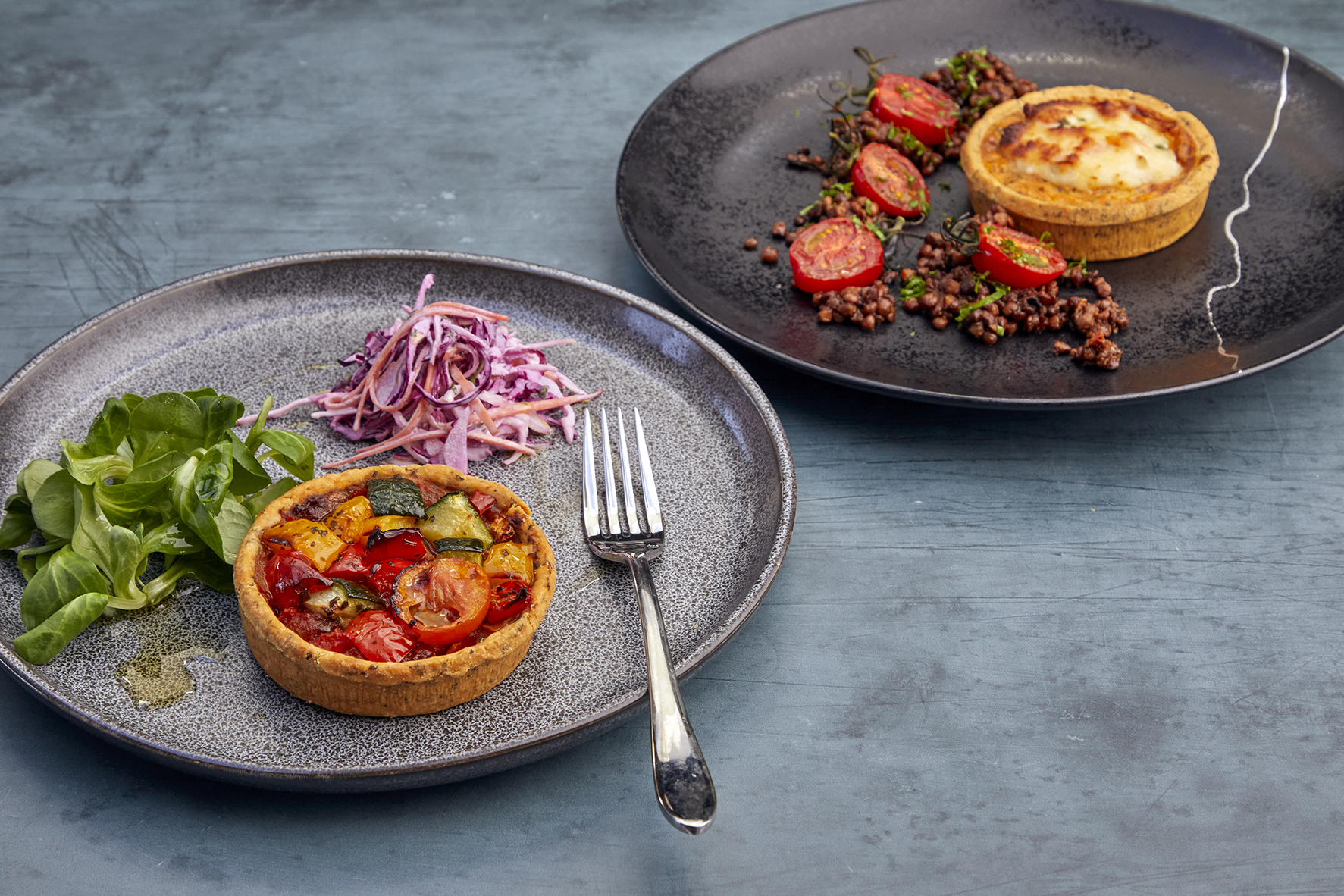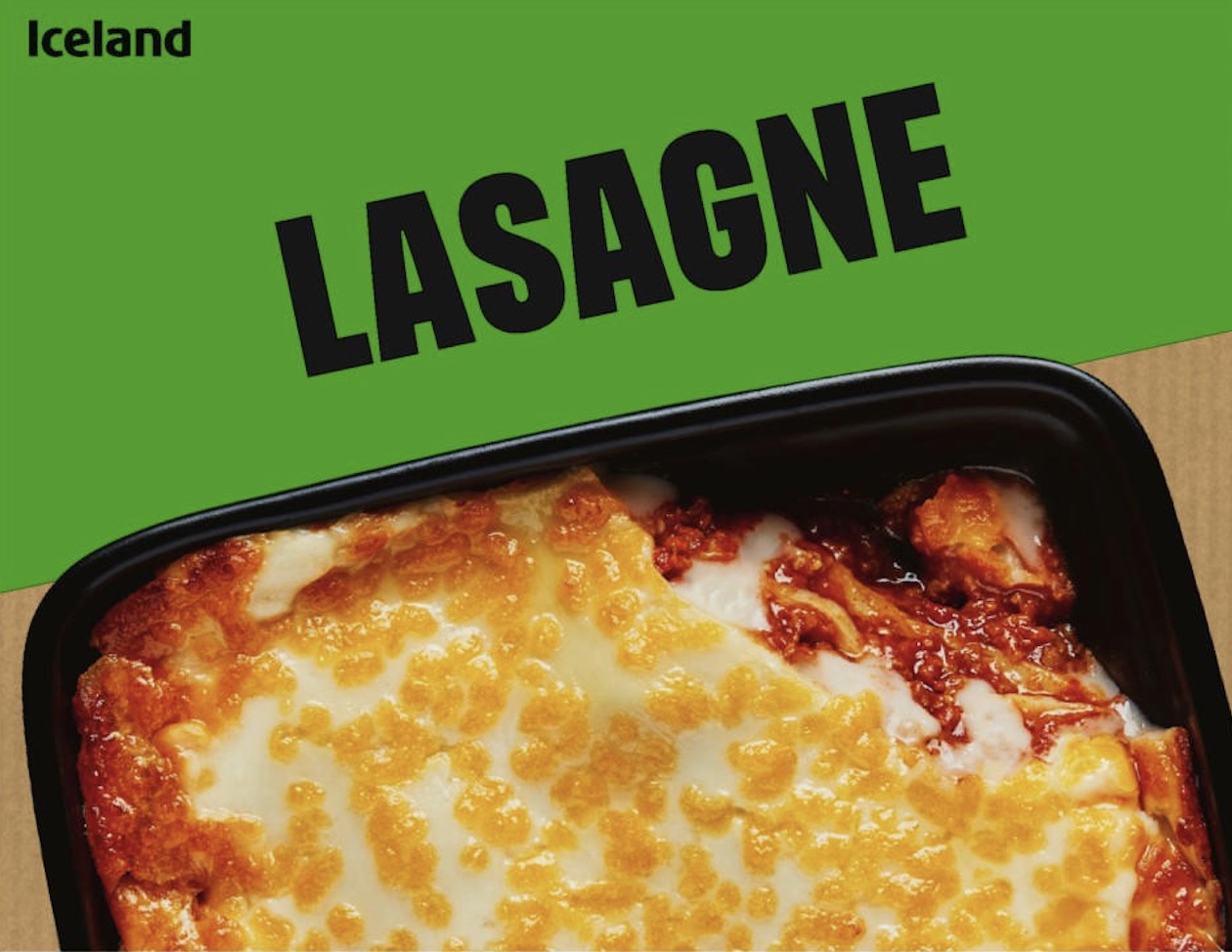Private label products remain an integral part of the United Kingdom frozen food business in both retail and foodservice sectors, driven by the appeal of money savings for consumers as well as ongoing innovation in offerings. According to the most recent consumer preference data from Kantar, the shift towards store brand offerings in the UK is continuing this year, with own-label volumes increasing by 2.2% and name brand volume falling by 3.7% (year to March 2024).
“There’s no doubt that food inflation challenges and the reduction in consumer spending power has contributed to this,” said Rupert Ashby, chief executive of the British Frozen Food Federation (BFFF). “However, we’re starting to see early signs that branded products are set to rally, with some analysts predicting that the year ahead will see volumes increase for the first time in a considerable period. Of course, we won’t know this until we see the numbers, but it’s something we’ll be watching closely.”
Crucial Component
Private label products are an integral component in the UK frozen food industry as they enable retailers and foodservice outlets to offer their customers the most competitively priced products. It also allows them to keep up to date with current trends by tapping into the latest recipe innovations that consumers desire.

“As with retail, own label catering products can be very competitively priced whilst still providing good quality,” said Gordon Lauder, managing director of frozen food distributor Central Foods. “This is an even more important consideration as operators’ costs continue to spiral. Basics and commodities without much differential, such as fruit and veg, sliced bread and rolls, or ice cream, for example, are core to any foodservice offering. Own-label products must offer the right quality at the right price every time; consistency is key in foodservice to ensure those all-important repeat visits or purchases.”
Consumer Perception
According to a Statista survey conducted in August of 2023, over one-third of UK respondents stated that they mostly purchased store brand products to save on food costs. Furthermore, it was revealed that if price was not an issue, just over 70% of those surveyed would stick with own-label products that they have been buying. For those who prefer name brand products, the main reason that they are deterred from buying own-label products was that they don’t taste as good as their branded counterparts.
“Research studies tend to show that, generally speaking, consumers associate private label goods with lower prices, but also lower levels of quality, innovation and excitement,” commented Ashby. “Having said that, there is significant variation on a product by product basis, and we have seen retailers increasing their efforts to innovate in order to respond to consumer trends.”
He added: “Ultimately, the sales data show that private label products have been delivering high enough levels of satisfaction to keep customers coming back time and again.”
Of course, the quality of own labels will vary from supplier to supplier, but the standard of these products has improved significantly, which is evident in the volume sales.
“Most offer products of a good standard, which are competitively priced,” said Lauder. “Caterers should shop around until they find a supplier own-label offering that fulfills their own cost and quality requirements.”
Private Label Innovations
According to the BFFF, the innovations in private label frozen food products directly mirror the trends in the category as a whole. In particular, the focus is on offering consumers true nutritional value and premium quality in terms of flavor and range of choice of cuisine, as well as developing products in areas such as plant-based and free-from.
“For consumers, private label frozen products still represent a very affordable and convenient meal option, but these shoppers are increasingly looking for healthier choices and a more diverse range of cuisines and we’re seeing retailers respond to this demand through new product development,” said Ashby.

Foodservice suppliers offer customers a number of private label brands. For example, Brakes has three labels under its Sysco brand, which includes Sysco Essentials, Classic and Premium. Dishes in the Sysco Premium range include Pulled Beef Chilli (pictured above), Fishless Fishcake and Stone-baked sourdough pizza base with tomato sauce.
Central Foods’ private labels include KaterBake, KaterVeg, Menuserve and Golden Valley Foods. Recently, under the Menuserve brand, the Collingtree, England-based company debuted a range of sweet and savory, fully-finished products . There are two new savory tart offerings in the range (seen below): Mediterranean Vegetable and Tomato, Goats Cheese and Basil. Also introduced was a a selection of quiches for the foodservice sector, including the Spanish Quiche offerings pictured at the top of this story.

“We only launch products for which there is customer demand that cannot be fulfilled by our existing branded supplier base,” said Lauder. “Core private label ranges always offer the basics, and the commodity lines and new lines are launched to reflect current trends, so caterers can keep their menus relevant and up to date for their customers. So, for example we introduced Menuserve Bao Buns Hoisin Jackfruit recently to complement our bao buns range, which has proven extremely popular as a current trend.”
Iceland Foods is also meeting demand from consumers for tasty value private label products by introducing 50 new items to its £1 range, which includes Iceland Straight Cut Chips and Iceland White Chocolate Ice Cream Sticks. These join other popular products in the range like Lasagne, Sausage and Bean Bakes, and Chicken Curry with Rice.

Richard Walker, executive chairman of Iceland Foods, told Metro.co.uk: “There is a narrative that the cost of living crisis is getting better, I can assure you, it’s not. There is a reason why our £1 range of products is flying off the shelves. Shoppers are in desperate need of quality meals at affordable prices and that’s exactly what our range offers.”
He added: “After seeing the popularity of the range and the crisis showing no signs of slowing down, we are delighted to be able to expand the range bringing more affordable products.”





